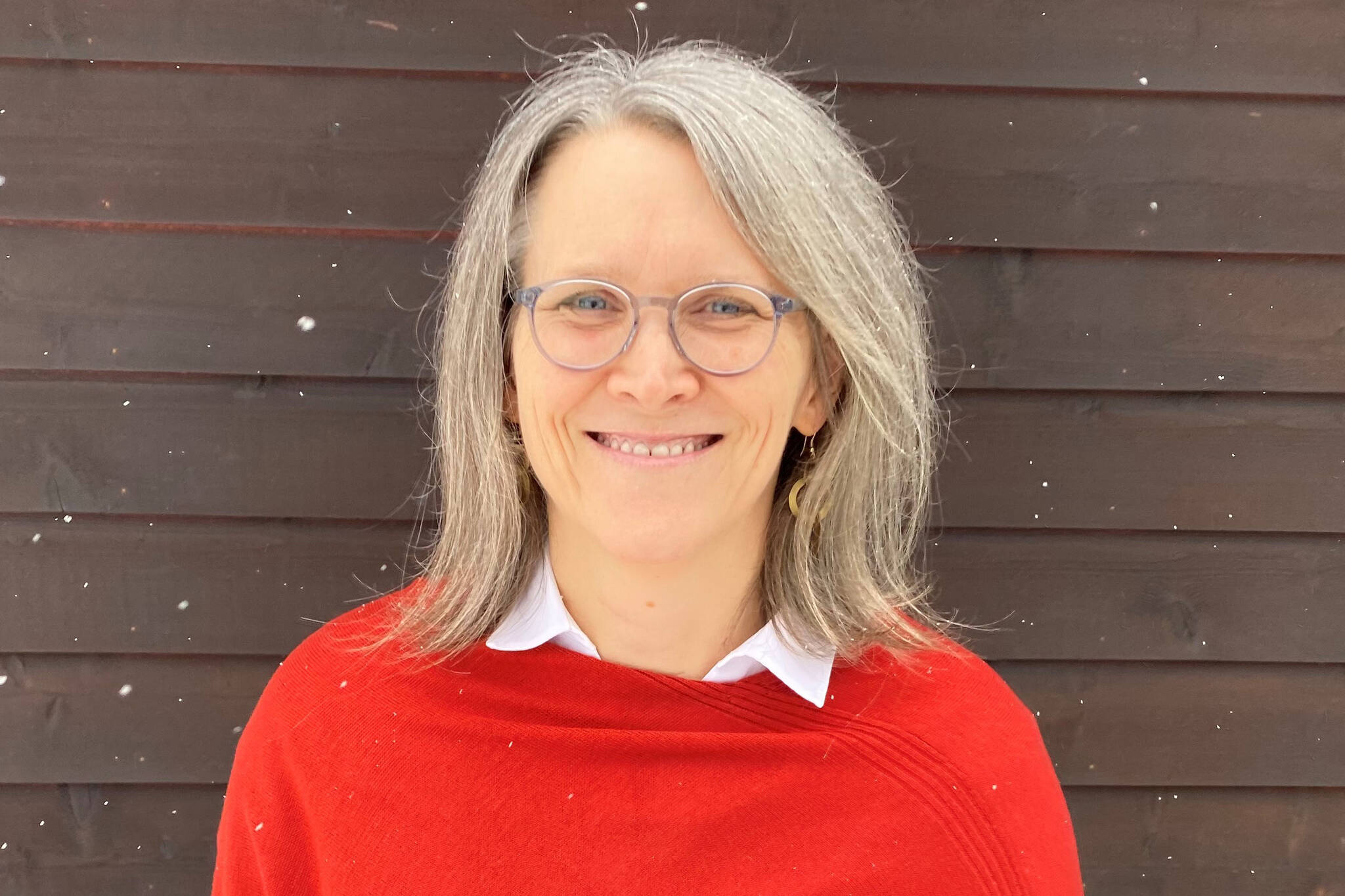Several weeks ago, the ADN relayed an urgent recommendation from Dr. Anne Zink, Alaska’s chief medical officer.
“Everyone of reproductive age who is sexually active should be tested for syphilis if they are unsure of their syphilis status. Everyone should get retested each time they have a new sexual partner, and every 3-6 months if they have multiple partners.”
The high and escalating rates of syphilis, a sexually transmitted infection (STI) that has expanded its reach to impact the health of a growing number of pregnant people, their babies, and whole families, has now been featured in news outlets from the ADN and television to radio and an array of social media platforms. This coverage reflects important statewide talk about reproductive and sexual health, and hopefully we are just getting started. I am worried about the drastic rise in syphilis and congenital syphilis cases in Alaska. We all should be.
STIs are treatable and in most cases, like syphilis, are curable. Yet despite the State’s sound recommendations, there are many reasons why the estimated 200,000 or more Alaskans of reproductive age that Dr. Zink is referring to may not get tested or re-tested for STIs. These same people also often may not get screened for breast and cervical cancer, have the contraception they want, or be able to access any of the other reproductive and sexual health care required for Alaskans to thrive.
You explore these reasons in ADN’s other headlines, and they come up in conversations with Alaskans statewide. Deeply rooted barriers to care, and especially reproductive healthcare, created the path leading us to the syphilis and congenital syphilis epidemic we now find ourselves in. Addressing those barriers can help us navigate a different path to wellness.
The State’s Epidemiology team identified several barriers faced by the increasing number of people testing positive for syphilis and birthing babies with congenital syphilis, limiting their access to care, including: housing insecurity and homelessness; unreliable transportation; sexual assault or intimate partner violence; drug use; lack of or delayed insurance coverage; limited access to contraception, primary care in general, and especially prenatal care for Alaskans who are pregnant; lack of information or misinformation about sexual health including the importance of STI prevention and testing; and lack of STI testing and treatment.
As a state, we need multiple solutions to the syphilis epidemic that include the infrastructure to support ongoing prevention, testing, and treatment for all Alaskans at risk for becoming infected with syphilis; cultural change to destigmatize reproductive health care and sexual health education; and immediate action to save the lives of our loved ones and neighbors. Kachemak Bay Family Planning Clinic (KBFPC) is collaborating with partner social service and health organizations as well as State agencies on solutions that combat health inequity on the Kenai Peninsula over the long-term and improve the sexual and reproductive health of individuals, their families, and whole communities today.
KBFPC just celebrated the first anniversary of our remote services initiative that includes Pop-Up Clinic events beyond our brick-and-mortar flagship clinic in Homer. Inspired by fly-in clinics, bookmobiles, and even pop-up stores and restaurants, KBFPC medical providers bring STI testing and treatment, along with contraception access and other reproductive health care, to where our Kenai Peninsula neighbors need care, and regardless of their ability to pay. Our Outreach team is also providing critical health and safety information at community education events and in select middle and high schools ensuring Alaskans of all ages know about important reproductive and sexual health topics, including STI prevention.
The health of each Alaskan and the wellness of our whole communities depends on statewide action. We know how to prevent, test and treat syphilis and other STIs and we know what barriers exist for those who have already tested positive. Healthy Alaskans need accessible reproductive health care and sexual health education.
If you are sexually active, get tested and help prevent the spread of syphilis by practicing safer sex and using condoms. If you are pregnant, talk to a medical provider about prenatal care throughout your pregnancy. If you don’t know where to find affordable STI testing or prenatal care, contact your local Public Health Center for recommendations. If you live or work on the Kenai Peninsula, contact KBFPC to find out when we offer services at a location near you.
Claudia Haines is a long-time resident of Homer and CEO at Kachemak Bay Family Planning Clinic, a community-supported, nonprofit that provides broad access to reproductive health care services and sexual health education.
Visit www.kbfpc.org or call 907-235-3436 for further information.


